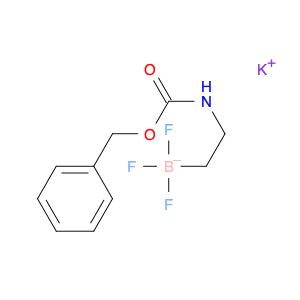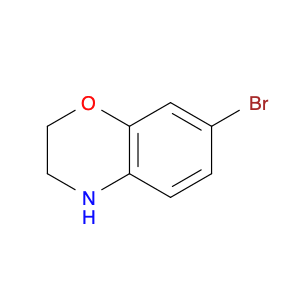N-Methylpropan-1-amine hydrochloride, also known as $name$, serves as a crucial reagent in various chemical synthesis processes. This compound is commonly utilized as a versatile building block in the production of pharmaceuticals, agrochemicals, and specialty chemicals.One of the key applications of N-Methylpropan-1-amine hydrochloride lies in its role as a intermediate in organic synthesis. It is frequently employed in the preparation of complex organic molecules due to its ability to introduce the N-methylpropan-1-amine moiety into target compounds. This enables chemists to create novel functional groups and enhance the diversity of chemical structures.Additionally, N-Methylpropan-1-amine hydrochloride is utilized in the manufacturing of various pharmaceuticals, where it serves as a vital component in the synthesis of active pharmaceutical ingredients (APIs). Its reactivity and versatility make it a valuable tool for chemists working in the pharmaceutical industry to design and produce new drugs with enhanced therapeutic properties.Furthermore, this compound plays a significant role in the development of agrochemicals by serving as a key building block in the creation of effective pesticides, herbicides, and fungicides. Its structural properties make it an important precursor in the synthesis of agricultural chemicals that help protect crops and improve crop yields.Overall, N-Methylpropan-1-amine hydrochloride's applications in chemical synthesis are diverse and essential for the production of various valuable compounds in the fields of pharmaceuticals, agrochemicals, and specialty chemicals. Its versatility and unique chemical properties make it a valuable asset in the toolkit of synthetic chemists aiming to create innovative and impactful products.
 sales@aaronchem.com
sales@aaronchem.com










